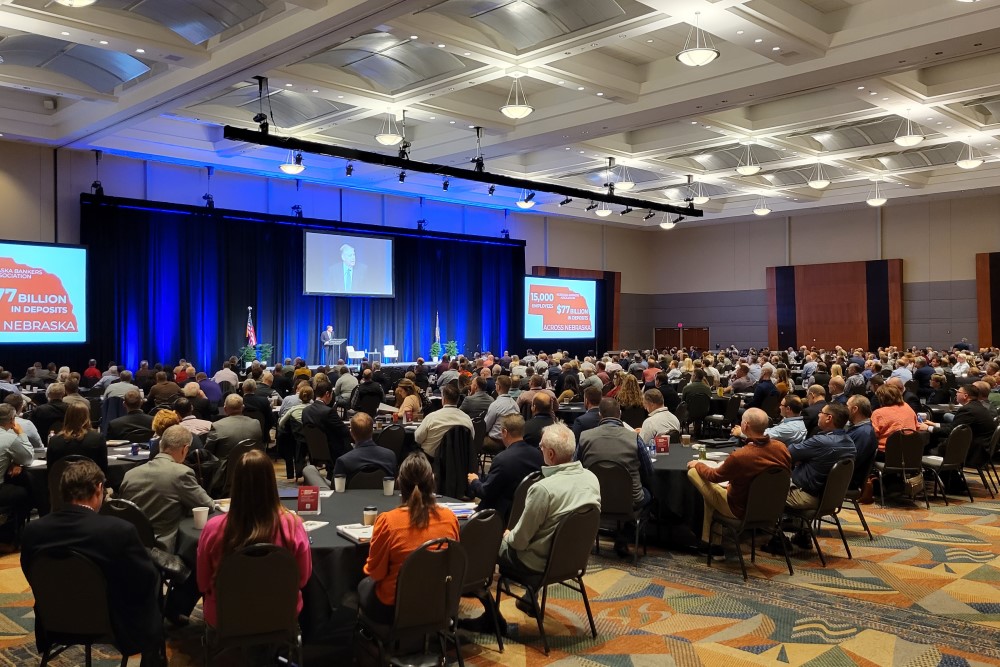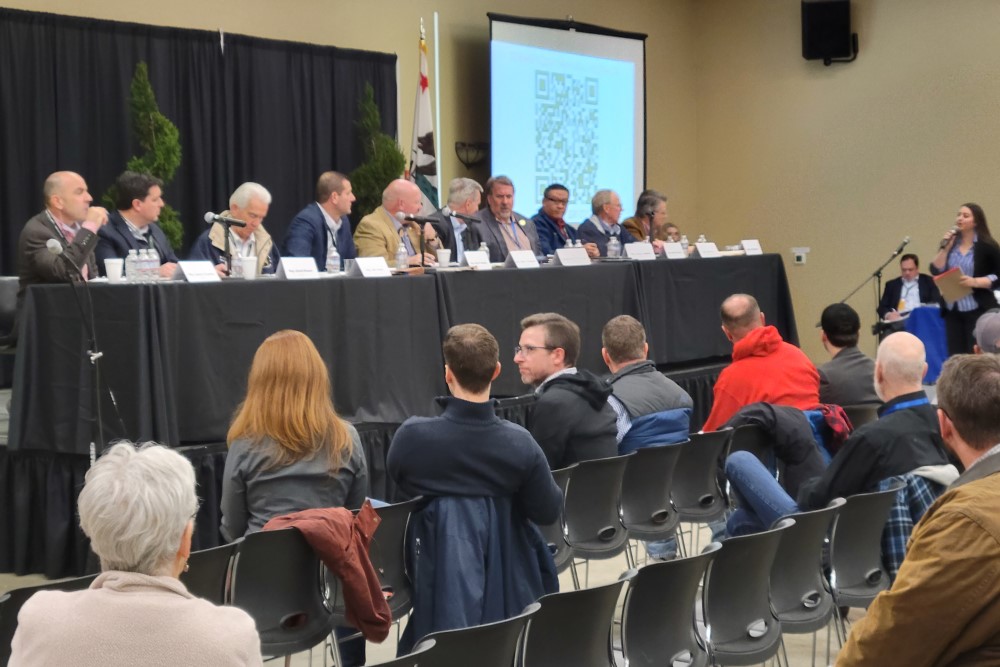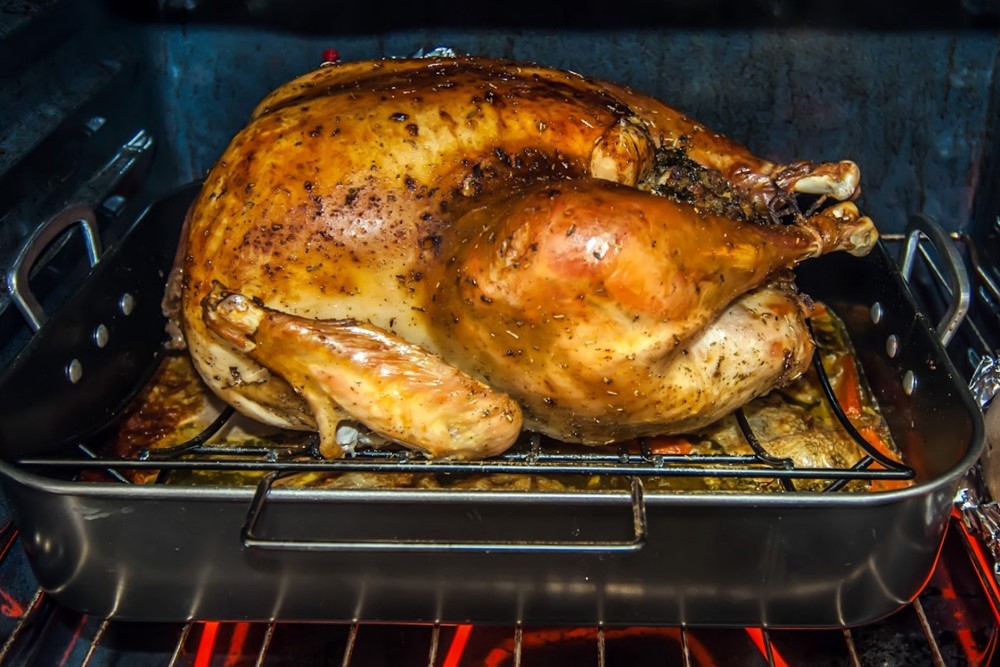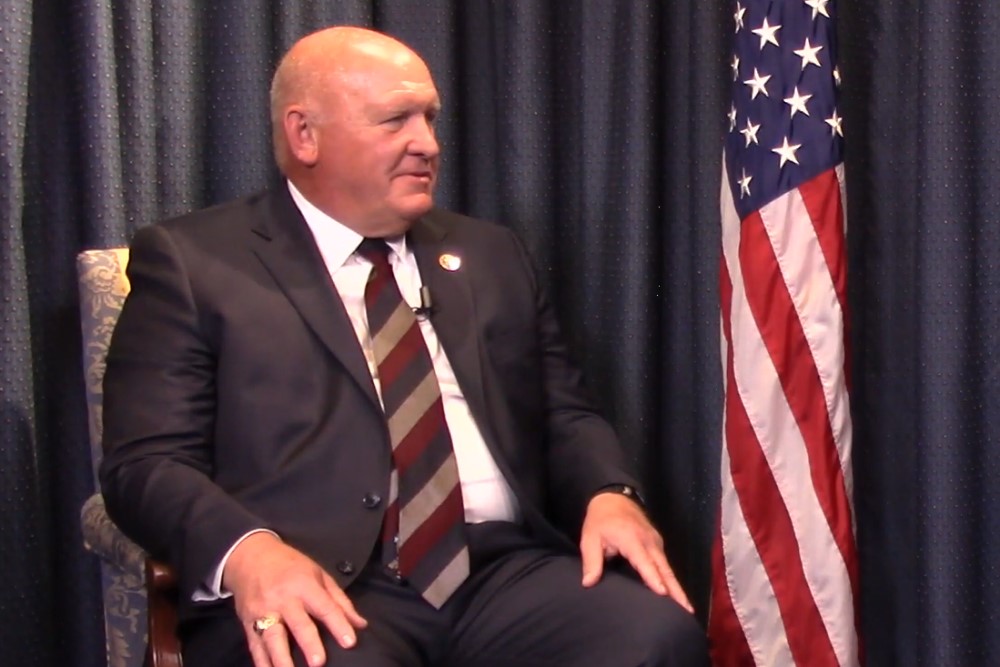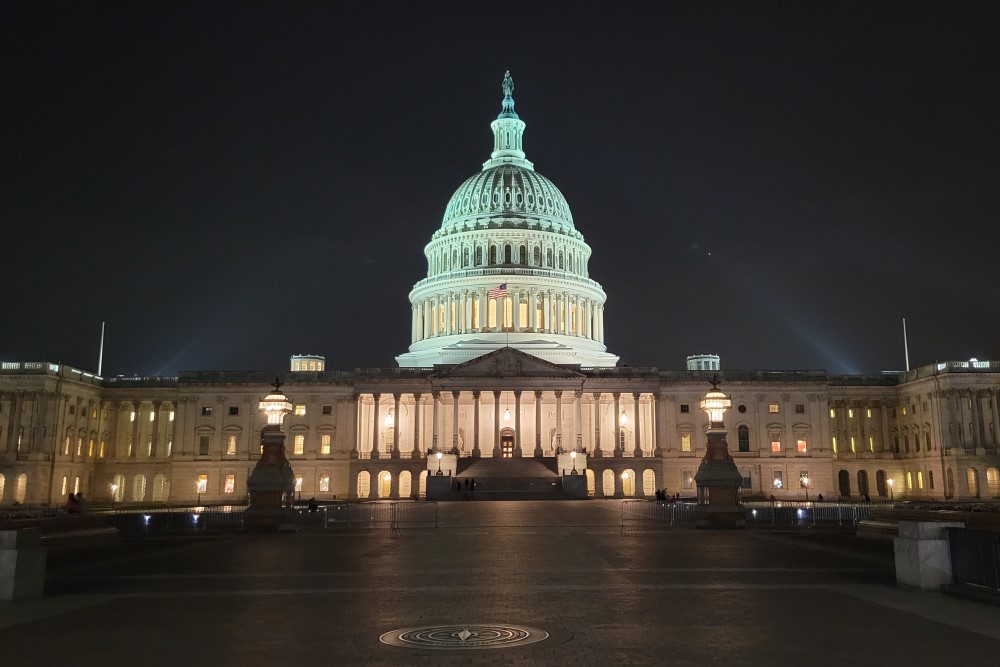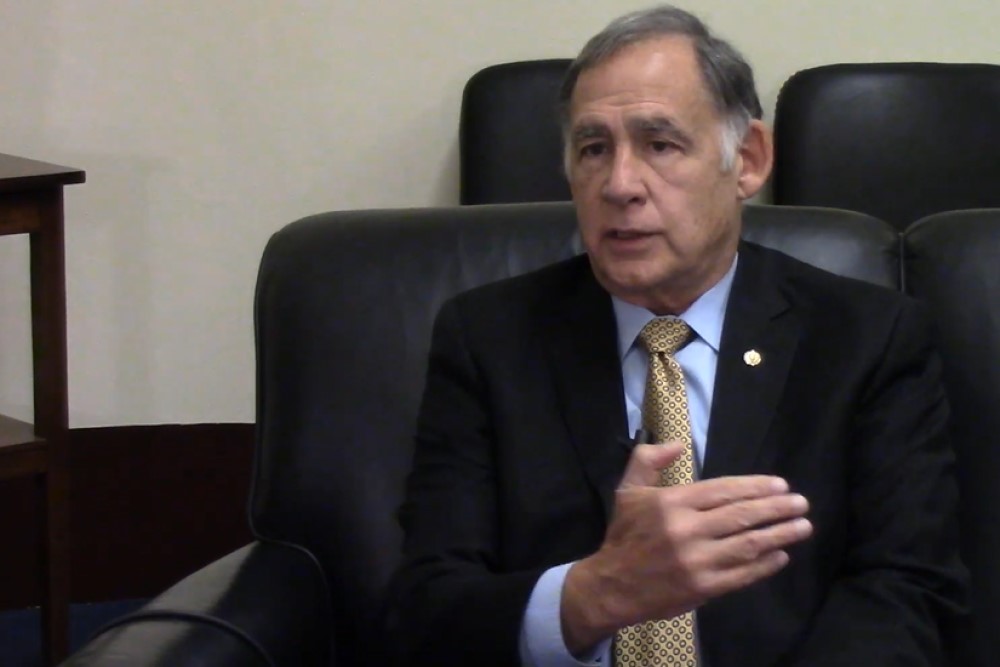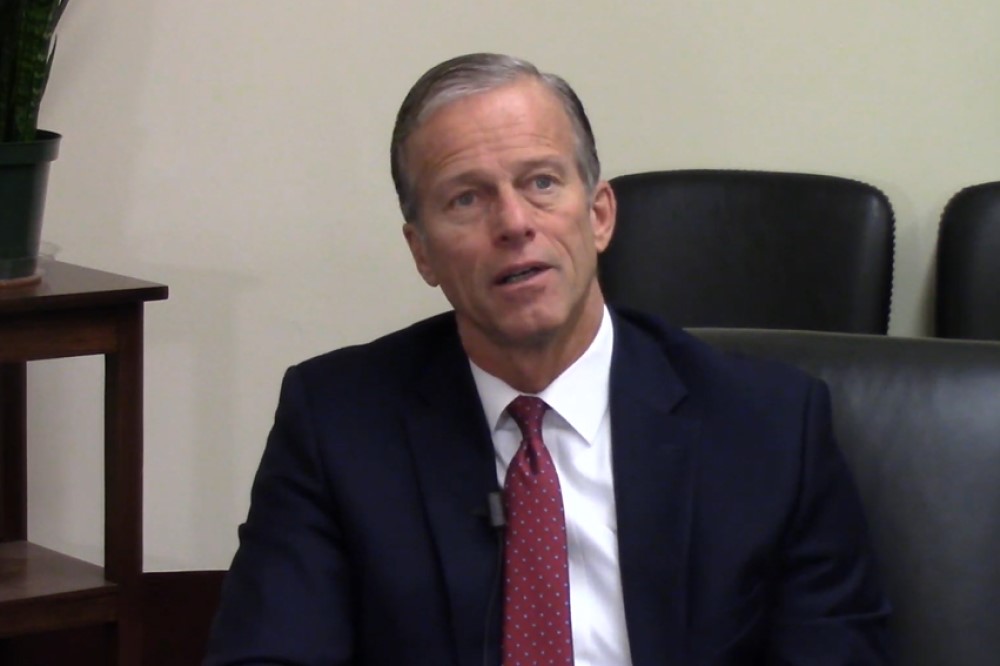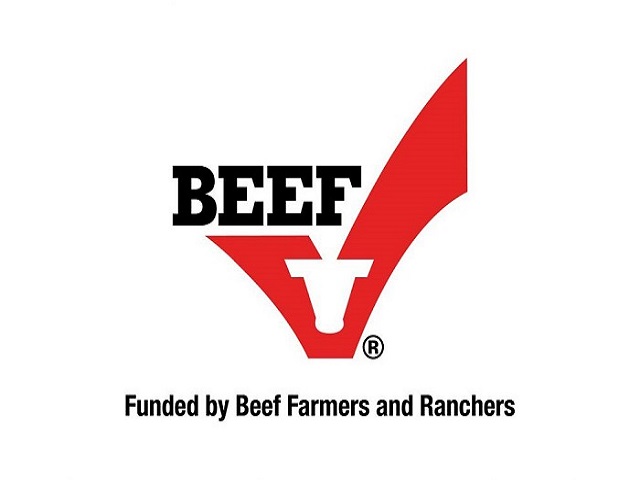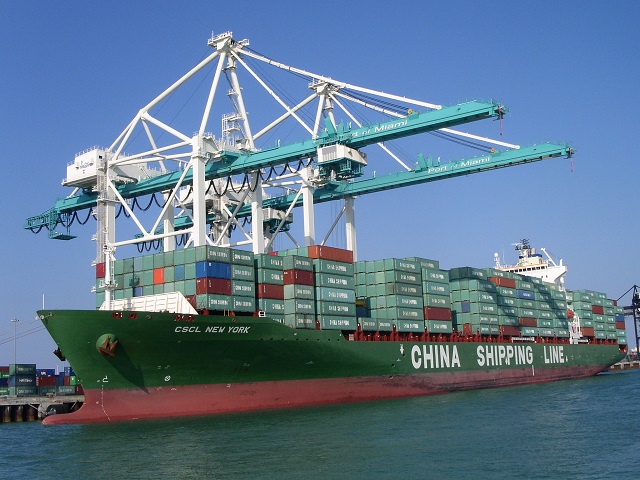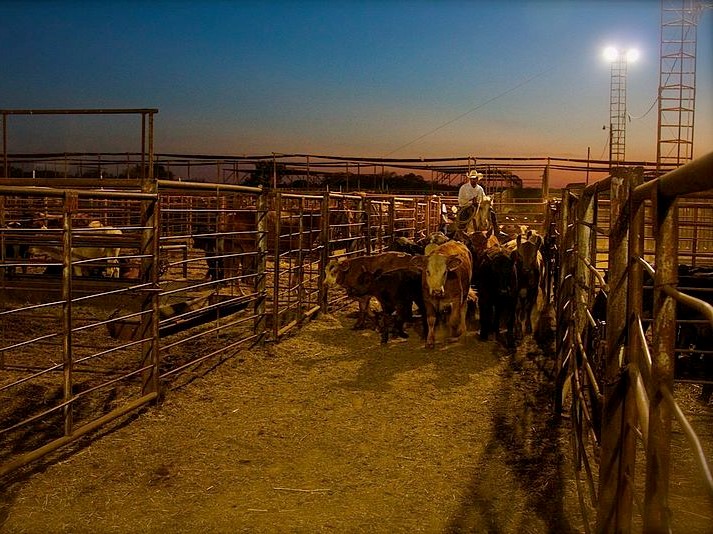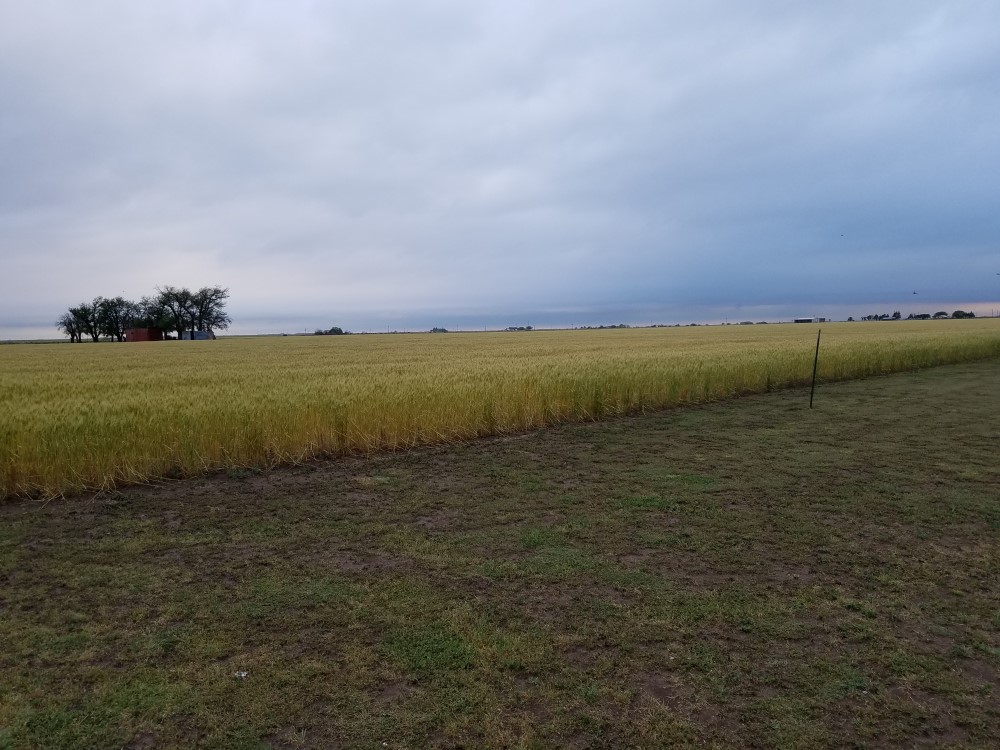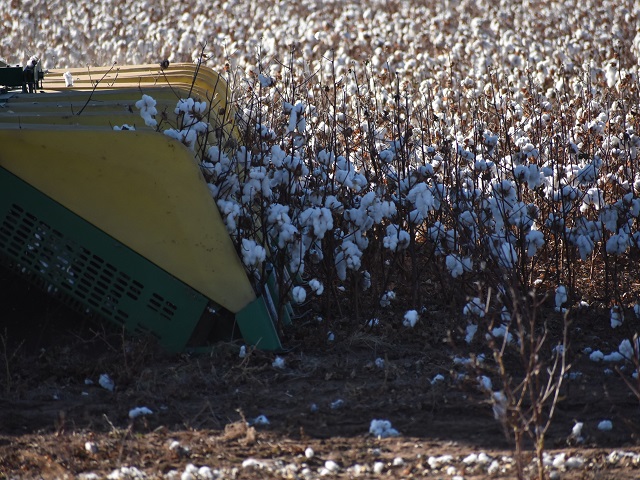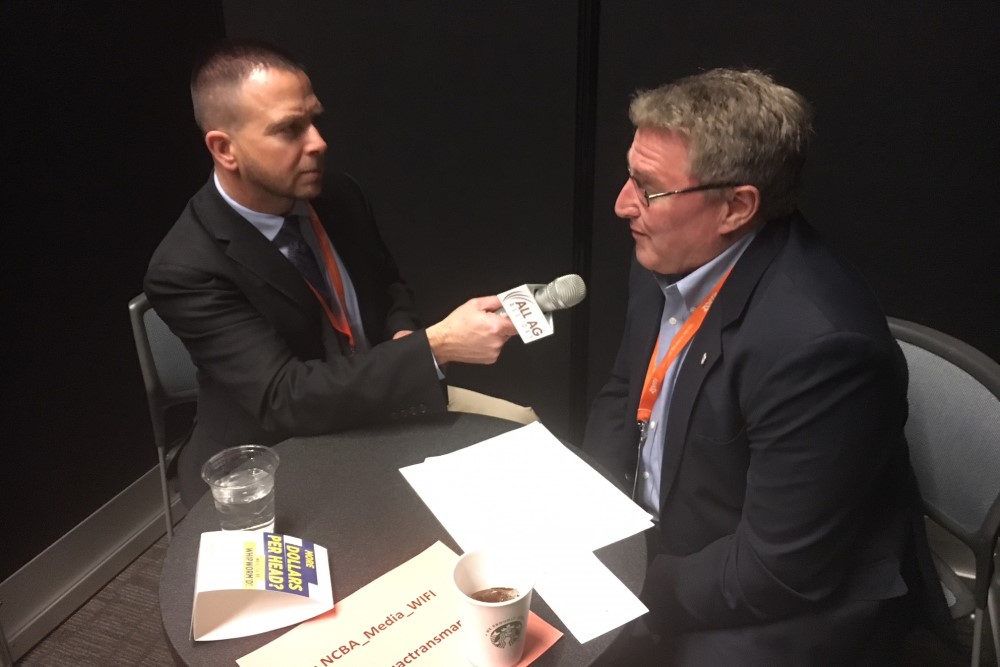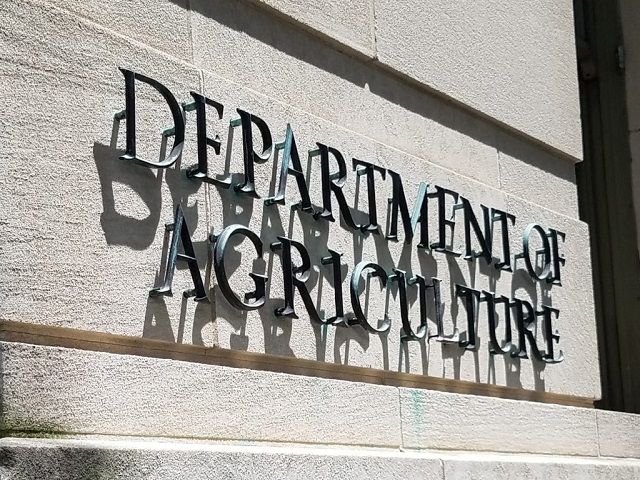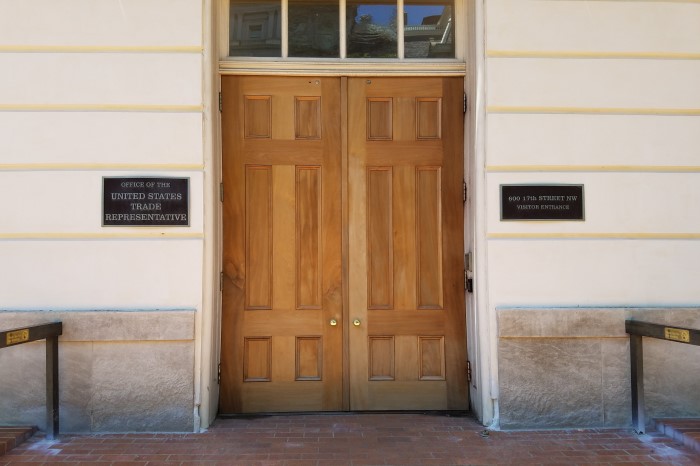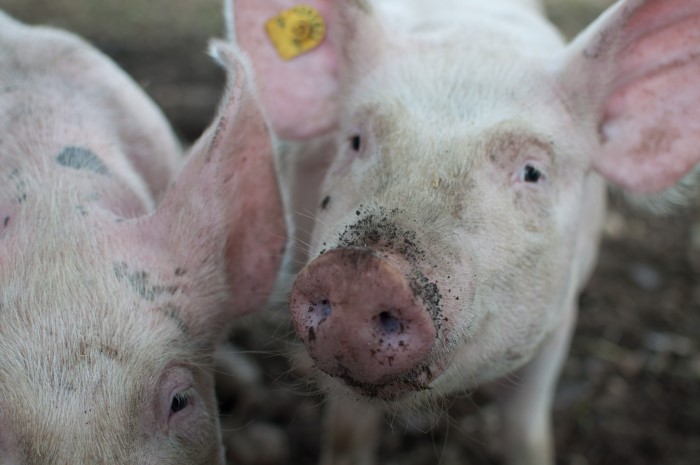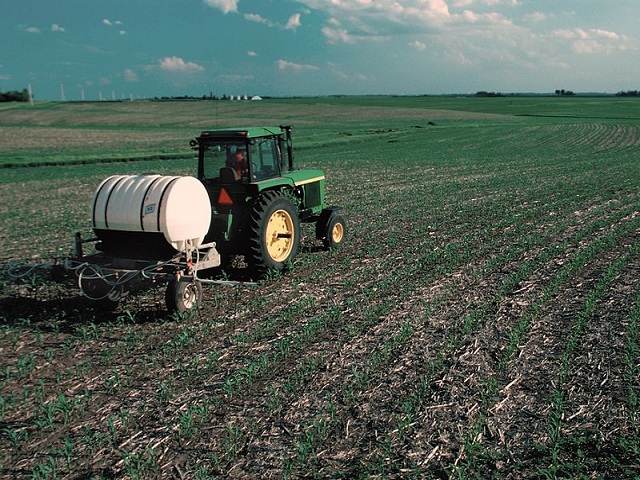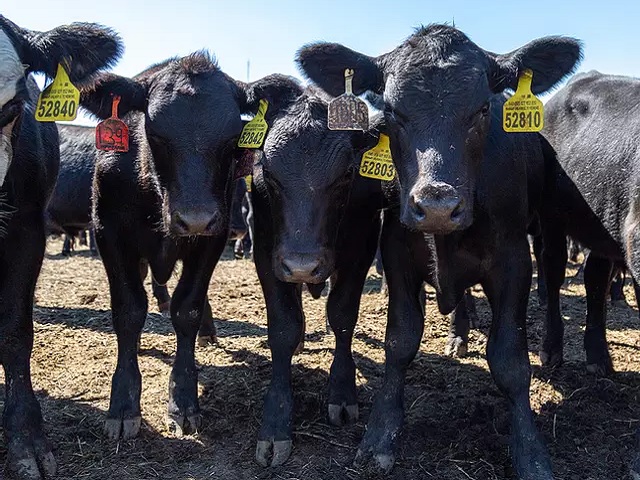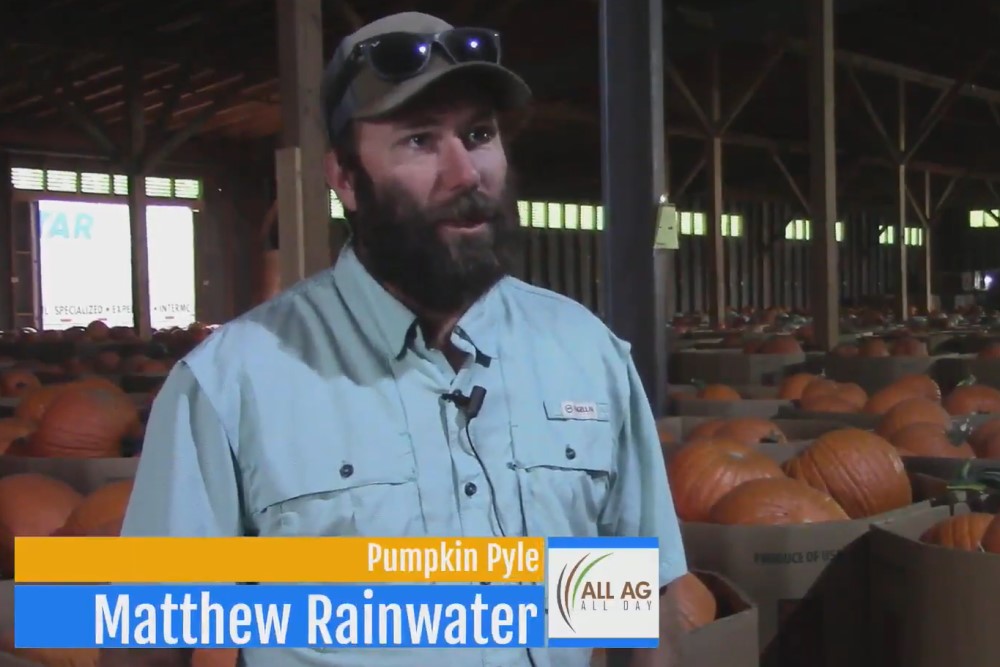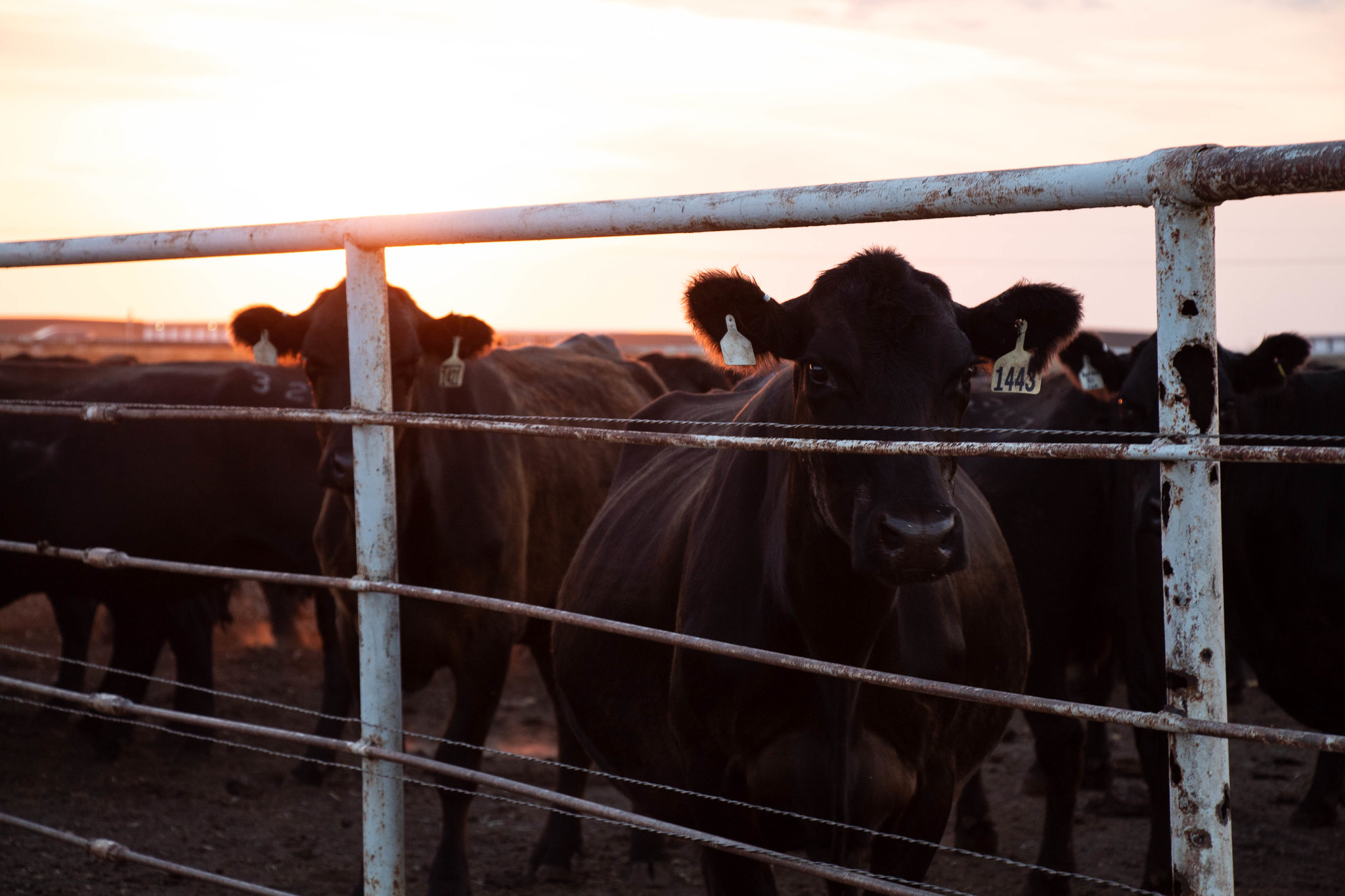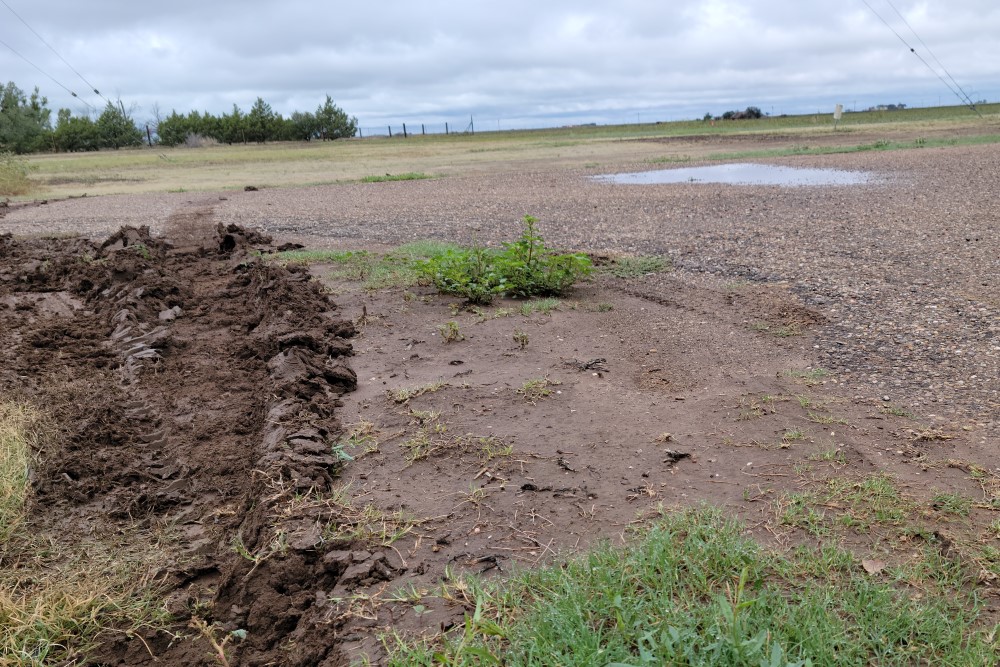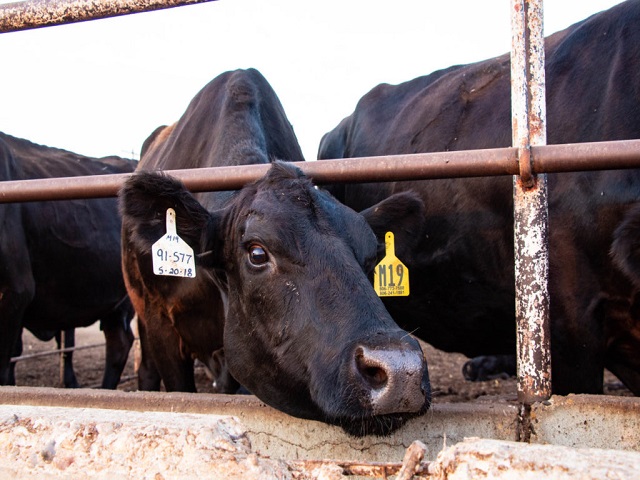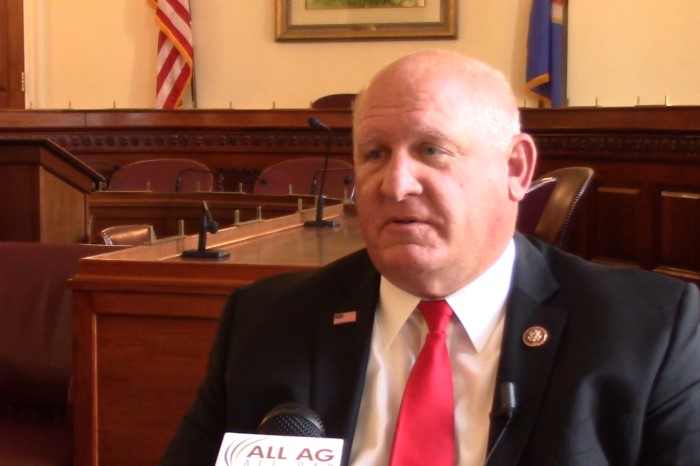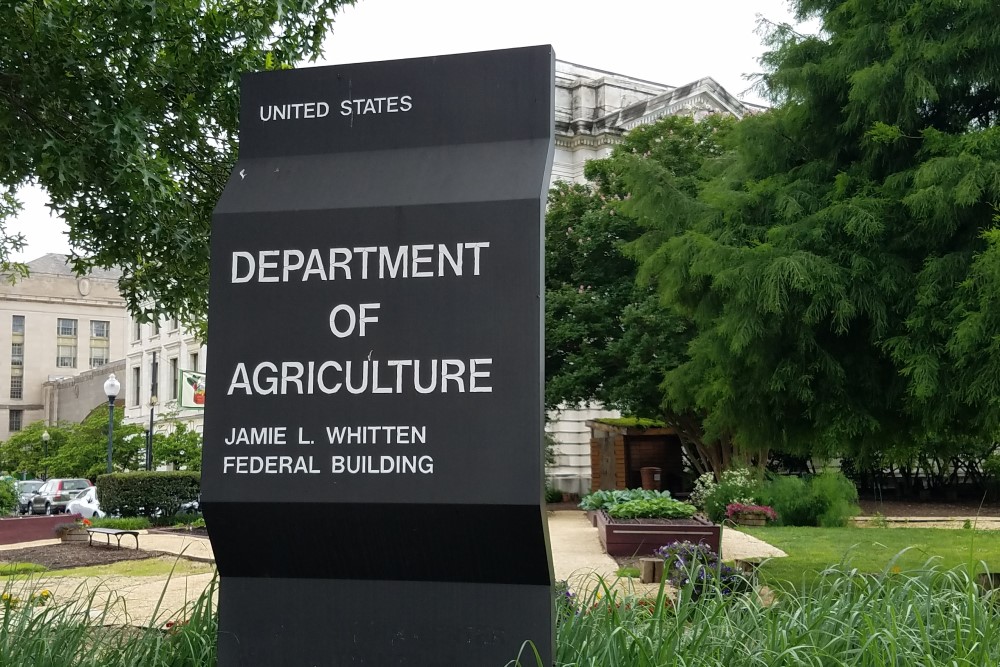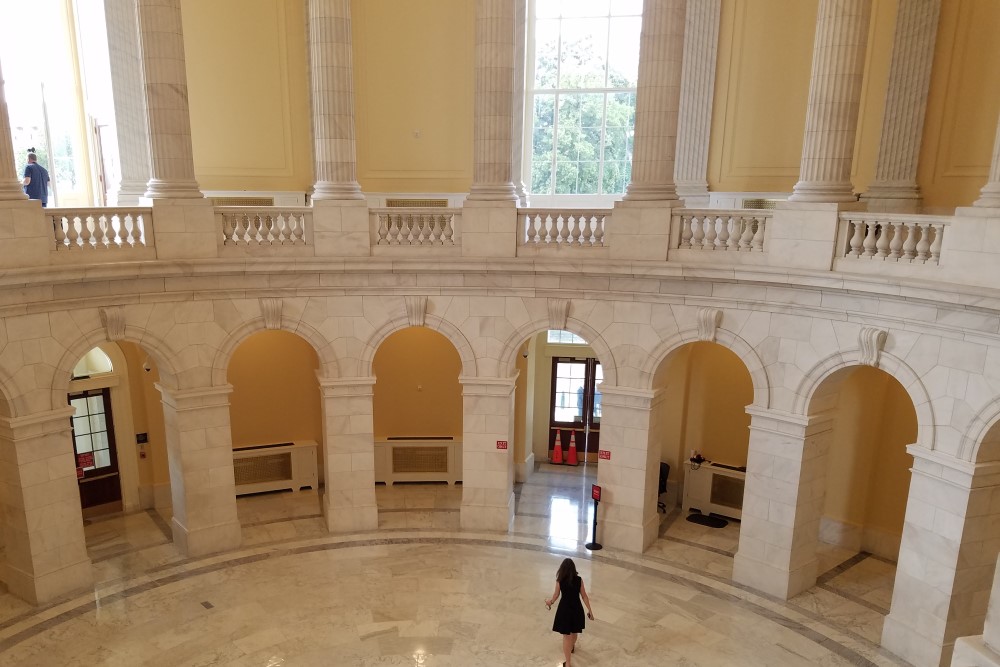USDA Releases Report Surrounding Recent Cattle Market Disruptions
WASHINGTON, DC – USDA released a report on its ongoing boxed beef and fed cattle price spread investigation on Wednesday.
Agriculture Secretary Sonny Perdue explained that “the closure of the Tyson beef packing plant in Holcomb, Kansas, after a fire at the facility, and the COVID-19 pandemic clearly disrupted the markets and processing systems responsible for the production and sale of U.S. beef.”
The report examines these economic disruptions and the significant increase in the spread between boxed beef and fed cattle prices that resulted from them.
MORE: Download full Boxed Beef and Fed Cattle report
The report, prepared by USDA’s Agricultural Marketing Service in coordination with the Office of the Chief Economist, summarizes market conditions, fed cattle prices, boxed beef values and the spread before and after the fire and a plant closure at the Tyson Holcomb plant, and before and during the COVID-19 pandemic.
The report also discusses several policy considerations in light of the desire by many market participants for improved price discovery, reinvigorated competition, and a more transparent relationship between the prices for live cattle and the resulting products. Considerations include potential updates to Livestock Mandatory Reporting to reduce instances of non-reporting and increase percentages of negotiated cash transactions, risk management outreach, education and product improvements for small and medium-sized producers, small to very small meat processor outreach and opportunities, and enhancements to the Packers and Stockyards Act investigative and enforcement tools.
While the report does not examine potential violations of the Packers and Stockyards Act, USDA staff have maintained a cooperative relationship with the staff of the Department of Justice (DOJ) Antitrust Division and have discussed allegations of anti-competitive practices in the meatpacking industry.
Should USDA find a violation of the Packers and Stockyards Act, it is authorized to report the violation to DOJ for prosecution.
(SOURCE: USDA)




